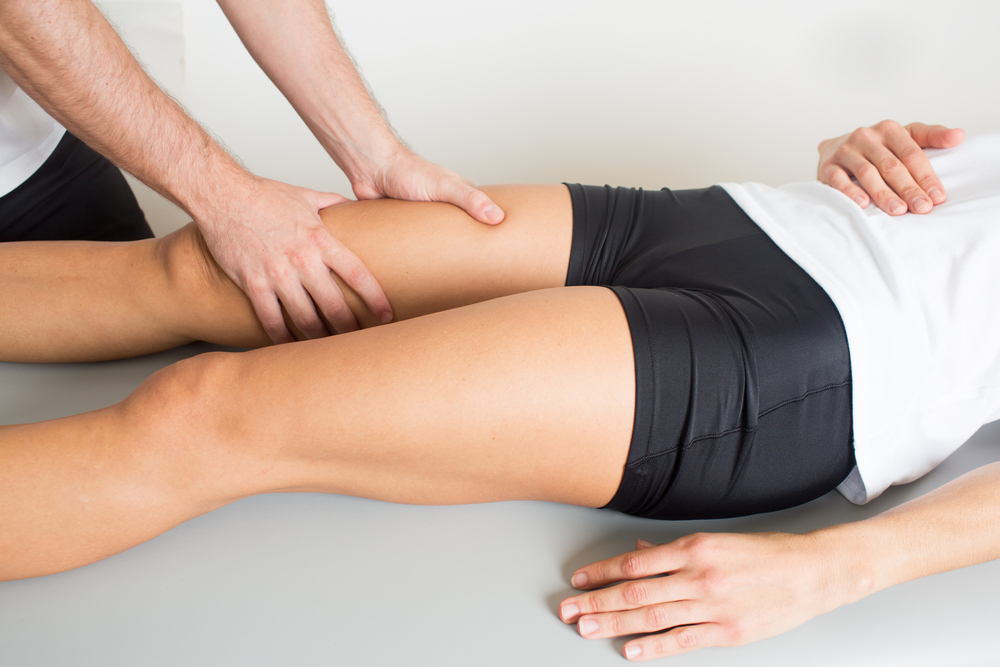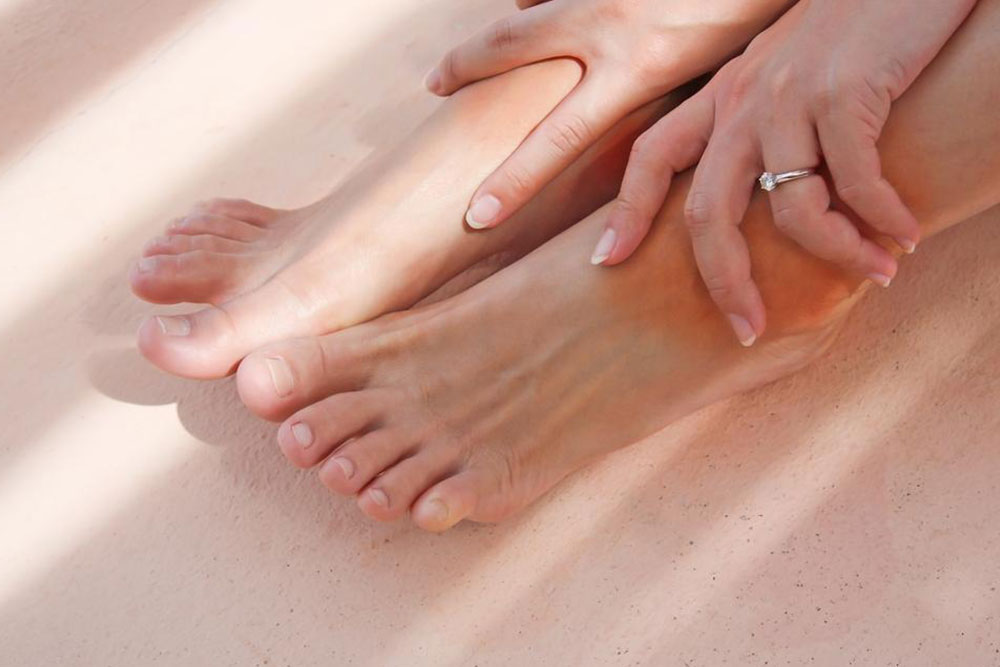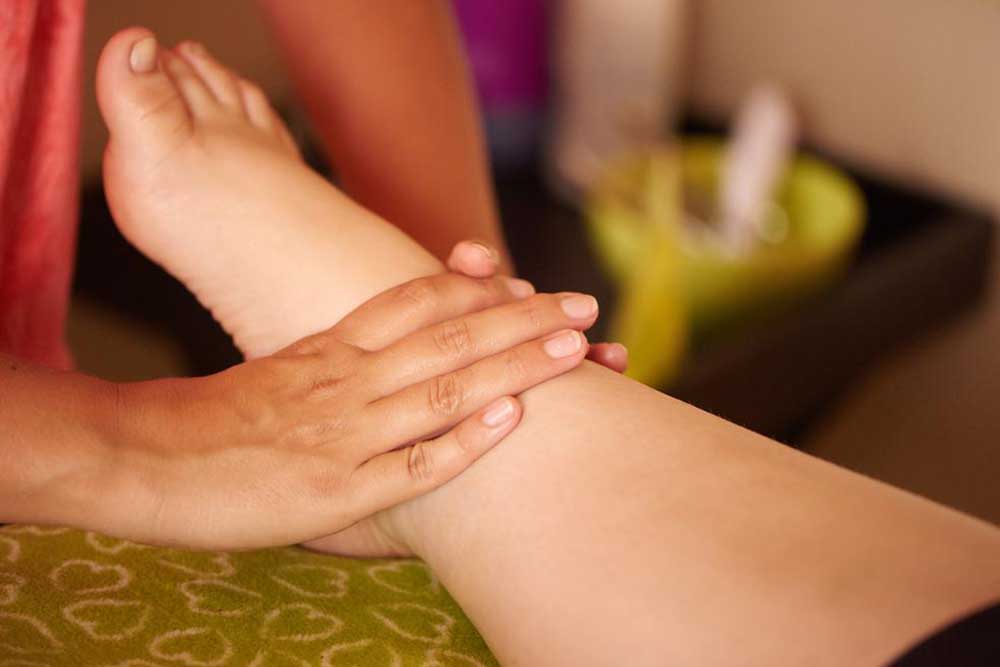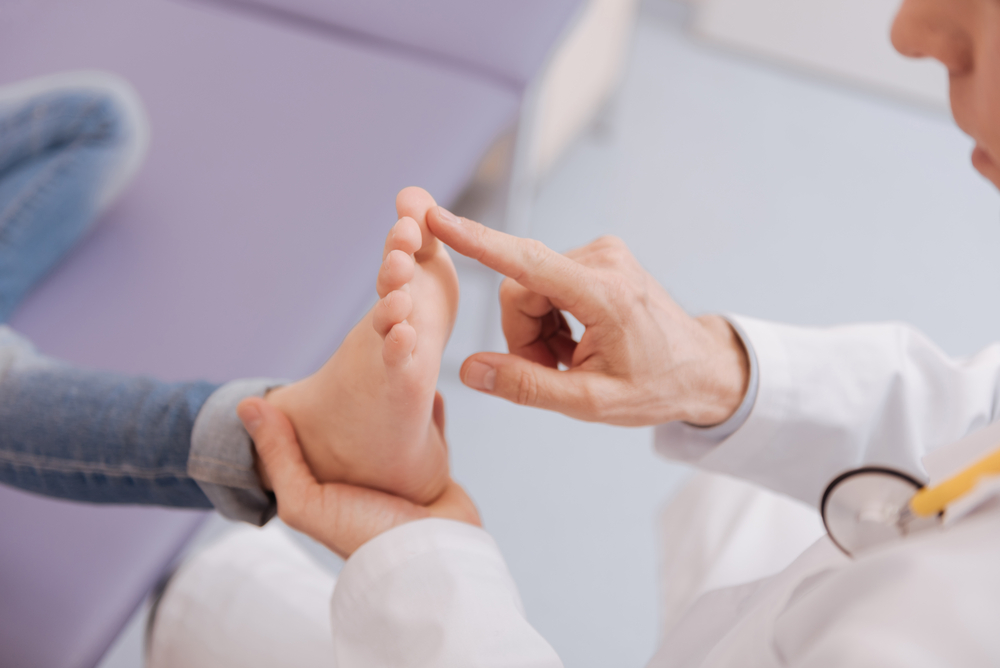Understanding Causes and Remedies for Swollen Feet
Swollen feet and ankles are common, often caused by factors like obesity, prolonged inactivity, or pregnancy. This article covers causes, symptoms, and effective home remedies, along with advice on when to seek medical help. Simple self-care tips such as elevation, reducing salt, and proper footwear can alleviate discomfort. Recognizing symptoms that require professional attention ensures proper care. Whether dealing with mild swelling or pregnancy-related changes, understanding the causes and remedies helps manage this common condition effectively and safely.

Understanding Swollen Feet: Causes and Home Remedies
Swelling in the feet and ankles is a common issue caused by gravity affecting body fluids. Known as peripheral edema, this condition is usually painless unless injury is involved, which may cause discomfort depending on severity. Especially prevalent among seniors, swelling may occur in one or both legs. Fortunately, there are simple at-home remedies for mild cases, and medical advice isn't always necessary unless pain is significant.
Below are common causes of swollen feet, treatment strategies, and helpful tips.
Main Causes of Feet Swelling
Obesity reduces proper blood circulation, leading to fluid buildup and swelling in the lower limbs.
Prolonged standing or sitting causes muscles to remain inactive, resulting in fluid retention.
Pregnancy often leads to swelling due to hormonal changes and increased blood volume.
Blood clots in the legs can cause swelling in the affected area.
Kidney issues can result in fluid accumulation in the feet and ankles.
Hormonal fluctuations during menopause or natural aging may impair circulation, leading to swelling.
Medications like contraceptives and antidepressants sometimes cause water retention.
Liver conditions can also contribute to swollen lower limbs.
Infections affecting the legs or feet may cause swelling alongside redness or warmth.
When to Consult a Healthcare Professional
If swelling occurs with chest pain, dizziness, confusion, or breathing problems.
If you notice unusual changes in your feet or ankles.
Dizziness or nausea along with swelling during pregnancy warrants medical attention.
If fever develops alongside swelling, see a doctor promptly.
Self-Care Strategies for Managing Foot Swelling
Elevate your legs above heart level using pillows or cushions when resting.
Avoid long periods of inactivity; walk or stretch every couple of hours.
Reduce salt intake to prevent fluid buildup.
Wear loose, non-restrictive clothing around the legs and thighs.
Maintain a healthy weight through balanced diet and regular exercise.
Remedies for Swollen Feet During Pregnancy
Swelling in late pregnancy is common due to fluid retention and increased pressure on veins. Home remedies include elevating feet frequently, wearing supportive footwear, avoiding standing for extended periods, staying well-hydrated, and using compression stockings. Seek medical advice if swelling is accompanied by dizziness, nausea, or other concerning symptoms.










